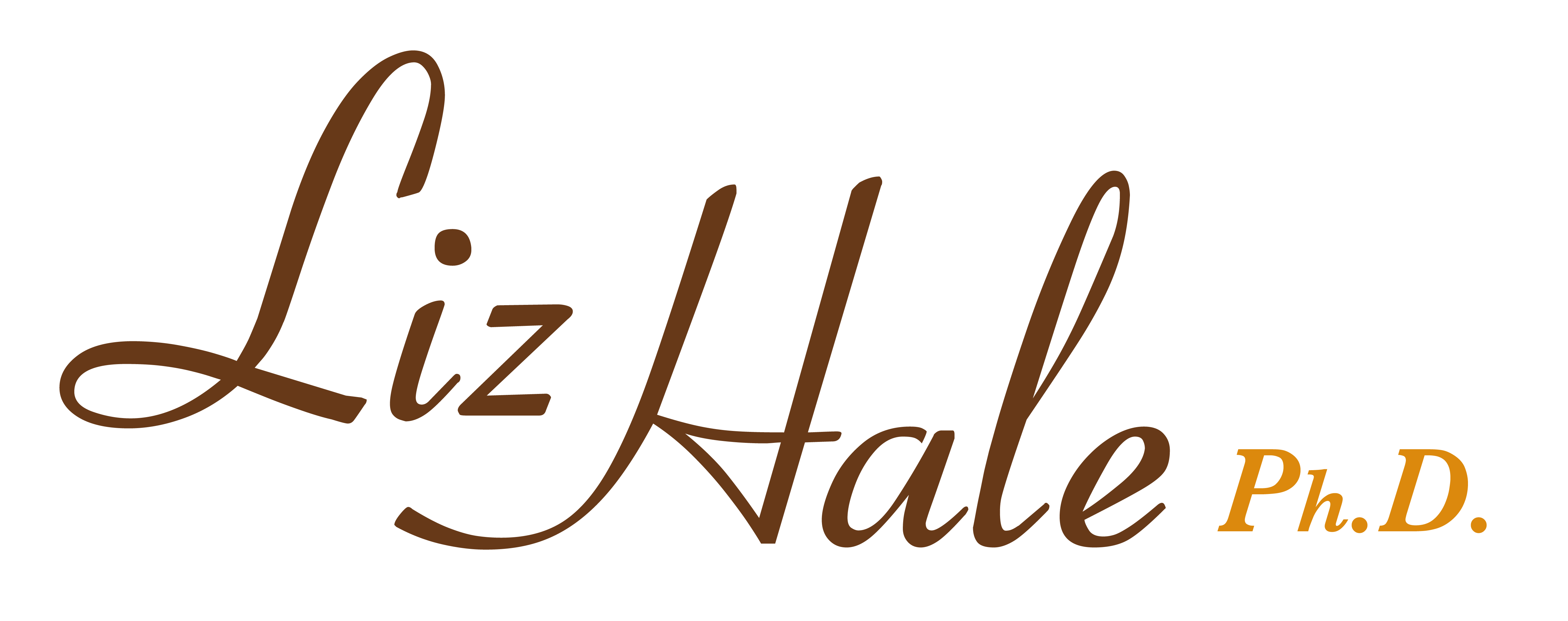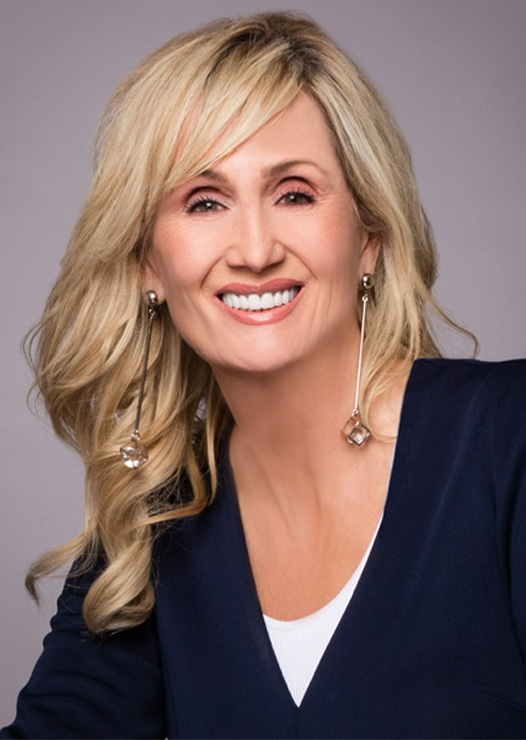- in Happiness , Life , Self-Esteem
Six Books to Help Find a Fresh Perspective on Life
KSL Television ~ Studio 5
There is a famous phrase that states, “If you always do what you’ve always done, you’ll always get what you’ve always got!” Sometimes it just takes a new outlook or fresh perspective to give you the courage to live life just enough differently to have a more successful end result. Here are a few of my favorite reads that have helped clients live more purposefully and powerfully!
Feel the Fear and Do It Anyway
by Susan Jeffers, Ph.D.This would have to be my all-time favorite! The title speaks for itself. Fear is an epidemic in our society. We fear beginnings; we fear endings. We fear changing; we fear “staying-stuck.” We fear success; we fear failure. We fear living; we fear dying. Whatever the fear, this book will give you the tools to vastly improve your ability to handle any situation. Fear may look and feel like a psychological problem, but in most cases it isn’t: it’s an educational problem. By reeducating the mind we can accept fear as a fact of life more than a barrier to success.
Here’s the key: At the bottom of every one of my fears is the simple but haunting fear that I can’t handle whatever life may bring. If I knew that I could handle anything that came my way, what would I possibly have to fear?…….(Nothing!)
Forgive for Good
by Fred Luskin, Ph.D.Based on scientific research, this book shares some inspiring insight into the healing powers and medical benefits of forgiveness. Sadly, we mistakenly believe that if we forgive an offense, we re saying that the offense wasn’t hurtful or wrong. It was and nothing will ever change that. Anger and hurt are appropriate responses to painful events. However, forgiveness is a decision to free ourselves from the blame that keeps us bonded to suffering. Holding on to a grievance means that far too much space is rented out in our minds and hearts for hurt and anger. We rob ourselves of having greater peace. When we forgive we are emotionally healthier, and feel more confident and optimistic.
Here’s what’s important to remember: Holding someone accountable for their actions is different than blaming them for our suffering.
Loving What Is
by Byron Katie
(www.thework.com)It’s not the problem that causes our suffering, it’s our thinking about the problem that’s detrimental. Of all the tools I’ve learned throughout my years in private practice, this one has been the most life-changing for clients. We are either believing our thoughts or questioning them. There is no other choice. I love what Byron Katie says, “When you argue with reality, you lose. But only 100% of the time.” When we have a thought that argues with what is, we create a stressful feeling (this shouldn’t be happening – life is unfair – I’m heart-broken) and then we act on that feeling, creating even more stress. Rather than understanding that it was my thoughts that created my misery, I look outside myself to try and change someone else.
Katie said that her religion used to be, “Children should pick up their socks!” And she was totally devoted to it even though it never worked. The reality was that day after day, after all her years of preaching and nagging and punishment, her children still left their socks on the floor! The socks weren’t making her miserable; her thoughts about the socks on the floor made life difficult. She realized that she could be right or she could be free. (Her children were perfectly fine with their socks on the floor! They didn’t have the problem; she did.) It took her just a few moments to pick up the socks from the floorââ?¬Â¦and she realized she loved it. It was for her, not for them. She loved the look of a clean floor. Believe it or not, they started to notice her pleasure in grabbing-up the socks and they eventually started to pick them up themselves.
Authentic Happiness
by Martin Seligman, Ph.D.
www. authentichappiness.comPsychology has become really serious about happiness. Positive Psychology is shifting its focus from “victimology” and mental illness to positive emotion and mental health. Dr. Seligman helps you identify your particular signature strengths in all the crucial elements of life: health, relationships, and career. Our strengths are what help us best deal with misfortune and negative emotion, as well as achieve new levels of contentment, gratification, and meaning.
I Don’t Have To Make It All Better
by Gary & Joy LundbergEveryday, throughout the day, we are constantly trying to express our feelings to each other. It’s as if we say to each other, “Let me feel what I’m feeling! AND please don’t try to fix it (or me)!” But what happens is that we want to be looked to as being wise, able to help others solve their problems. So we automatically think that when someone brings up a problem, we must immediately solve it for them. We can hardly wait for them to start talking so we can tell them what to do! But all “my fixing” does is place a strain on relationships between family and friends. We all just want to be heard and validated. This book is chalk-full. It provides useful examples for validating small children, teens, a spouse, adult children, parents, and in-laws.
The authors wrote about a great example they observed of two mother’s grocery shopping with their children. The first mother denies her child’s request for candy, saying, “No! You eat too much candy. Your teeth are going to rot out right out of your head- we’re NOT buying candy! Stop crying or I’ll never bring you shopping, again.” (I think most of us can relate to this on some level.) The second example was a mother who responded to her candy-seeking child by saying, “Doesn’t that look good! Wow, there’s a lot of different candy here. We don’t have enough money for candy today but if we did, which one would you choose? She pointed to peanut butter cups and the mother said, “I bet those are good. Next time I go shopping I’m going to remember that.” In this particular case, anyway, the child was happy – and off they went.
We’re all saying to each other; “Tell me that I matter; tell me that I have value; and tell me that you care.” We convey all of this when we just listen and validate!






